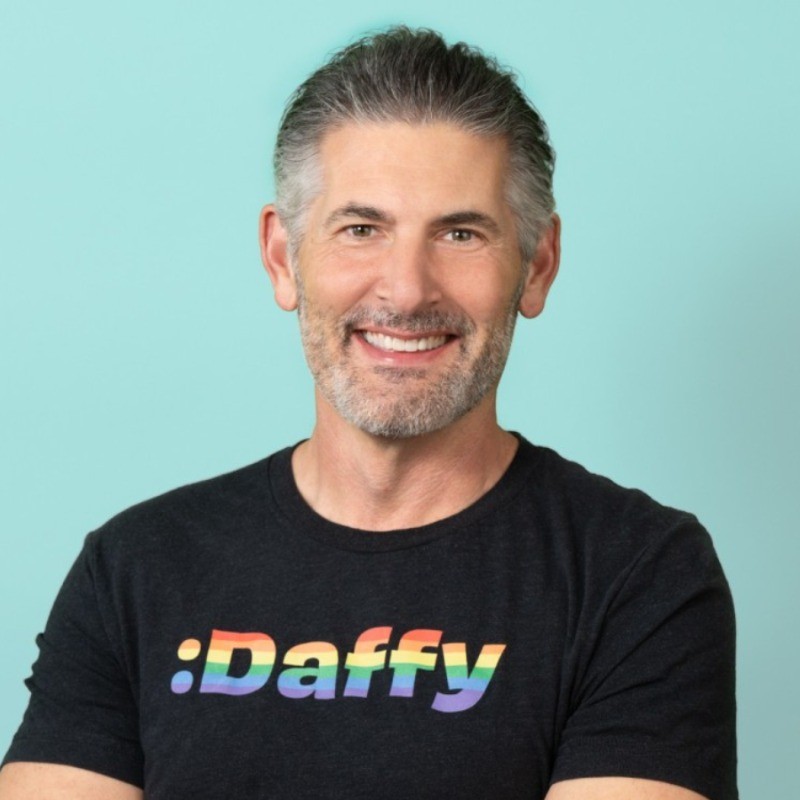The Long Tail of Professional Expertise
Two years ago, Chris Anderson launched a book that became an instant frame of reference for most modern online businesses. Love it or hate it, chances are you have heard some reference to "The Long Tail" in relation to the evolving economics of Internet-based businesses. (Chris continues to maintain his blog on the topic here: The Long Tail).
I'm not going to attempt to reproduce the full Long Tail 101 here on this blog. The basic concept is fairly simple:
The theory of the Long Tail is that our culture and economy is increasingly shifting away from a focus on a relatively small number of "hits" (mainstream products and markets) at the head of the demand curve and toward a huge number of niches in the tail. As the costs of production and distribution fall, especially online, there is now less need to lump products and consumers into one-size-fits-all containers. In an era without the constraints of physical shelf space and other bottlenecks of distribution, narrowly-target goods and services can be as economically attractive as mainstream fare.
Two weeks ago, Tim O'Reilly wrote an excellent post about Mike Gamson's discussion of the LinkedIn Research Network. Tim did an excellent job covering the basics of Mike's talk, and providing a frame of references against our existing LinkedIn Answers product.
However, there is a broader concept here that affects everyone's daily usage of LinkedIn, including mine. I hinted at it months ago when I highlighted how much I enjoy the advanced capabilities of LinkedIn's people search engine. You could say that it's recognizing the power of the long tail of professional expertise.
LinkedIn now has close to 20 million professionals on it, many of whom have detailed descriptions of their education, their experience, and their skills. As LinkedIn swells in size, searches that used to return hundreds of results can now return millions. More importantly, searches that used to return zero results are now starting to return hundreds. Believe it or not, the latter fact is really the exciting opportunity.
So many of our people-related search tasks today are hampered by a lack of granularity. A hiring manager looking for the perfect candidate. A business development manager looking for the perfect lead. A journalist looking for the perfect source.
As LinkedIn grows in size, the ability to tap into the long tail of expertise grows, and with it, your ability to find exactly the set of experiences you are looking for. Those millions of members translate into hundreds of thousands of companies, thousands of degrees, and hundreds of industries across the globe.
Whereas before you might have been satisfied with a simple search for product managers with previous experience as a software engineer, you can now search for a product manager with previous experience as a software engineer, in venture capital, an MBA, and who has worked for Apple, Microsoft, Google, Yahoo, or eBay. In my network, even this fairly specific query generates 14 results.
As a result, when using LinkedIn, consider the fact that one of the major benefits of the site is not only finding people with exactly the right expertise, but it's also being found yourself. It's a good reminder to get your profile completed, to add those details about your positions, and round out the description of your skills.
Make sure to take your place in the long tail of expertise.


